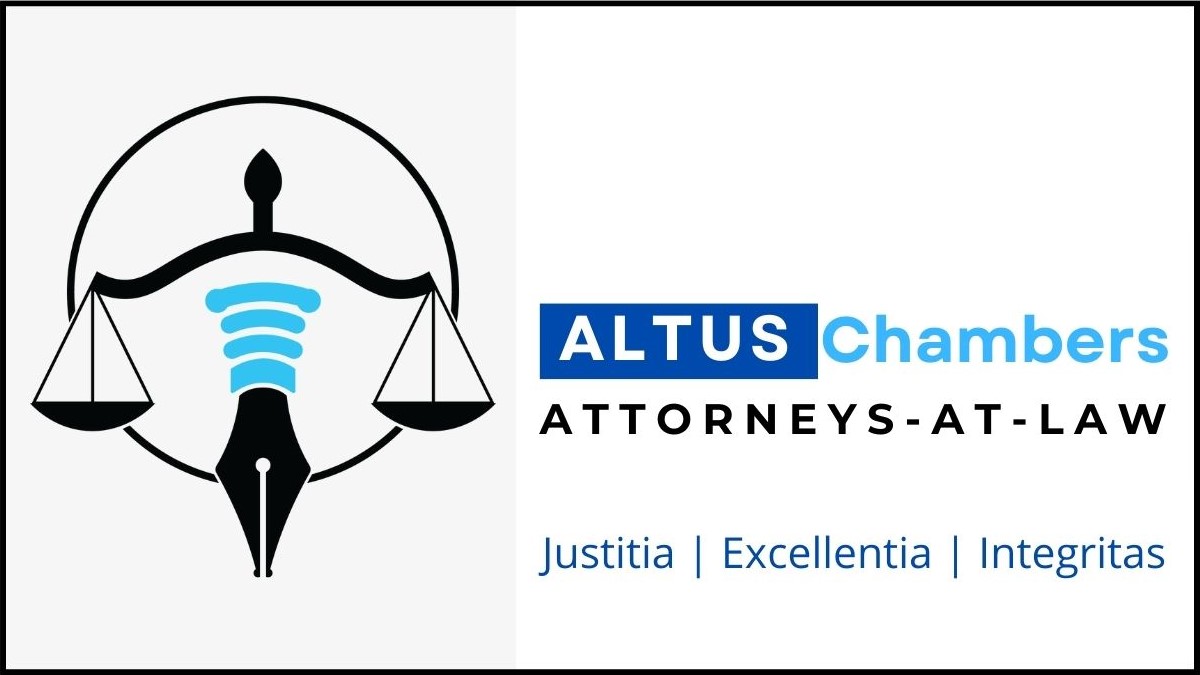Mutual Assistance in Tax Matters
Mutual assistance in tax matters facilitates collaboration between countries in investigating and prosecuting tax crimes across borders, thus improving the effectiveness of tax enforcement globally. The Multilateral Convention on Mutual Administrative Assistance in Tax Matters (“the Convention”) provides an international legal framework for co-operation among participating countries and is the most comprehensive multilateral instrument available for all forms of tax cooperation. The Convention was developed jointly by the Organisation for Economic Co-operation and Development (OECD) and the Council of Europe in 1988 and amended by Protocol in 2010. Barbados became a signatory to the Convention in 2015.
The main objective of the Convention is to enable governments to counter tax avoidance and evasion through extraterritorial tax enforcement. Accordingly, the Convention contains a variety of tools for administrative co-operation in tax matters, providing all forms of exchange of information, assistance in tax collection and service of documents. In particular, the Convention applies to taxes on income, profits, capital gains and net wealth.
The OECD has been at the forefront of promoting international cooperation in tax matters. As of 2021, 142 countries have signed the convention, including major economies such as the United Kingdom, the United States, and Canada. Apart from Barbados, a number of other Caribbean countries have also signed the Convention, including the Bahamas, Antigua and Barbuda, Grenada, Dominica and Jamaica.
Advantages and Challenges of Mutual Legal Assistance
The advantages of mutual assistance in tax matters are numerous. First and foremost, it allows countries to work together to combat tax evasion and avoidance. By sharing information and evidence, countries can identify individuals and companies that are engaged in illegal activities. This can lead to increased revenue for governments and a fairer tax system for all.
However, there are also some challenges associated with mutual legal assistance. One of the biggest challenges is the need for countries to balance the protection of taxpayer information with the need to share information. Countries must ensure that the information they share is done so in a way that is consistent with their domestic laws and international obligations. Another challenge is the need for countries to have the resources and capabilities to implement mutual legal assistance effectively.
Case Studies: Successful Implementation of Mutual Legal Assistance
One example of successful implementation of mutual legal assistance is the case of UBS, a Swiss bank that was found to be helping US taxpayers evade taxes. The US government requested assistance from the Swiss government, which provided information that helped identify US taxpayers who had used UBS to evade taxes. This led to a settlement where UBS paid $780 million in fines and restitution to the US government.
Another example is the case of the Panama Papers, where a leak of confidential documents revealed the use of offshore companies to evade taxes. Countries around the world used mutual legal assistance to share information and investigate individuals and companies involved in the scheme. This led to numerous investigations and prosecutions, including the conviction of two former Panamanian politicians for money laundering.
In conclusion, mutual legal assistance in tax matters is an important tool for combating tax evasion and avoidance. International cooperation is essential for the effective implementation of mutual legal assistance, as it provides a legal framework for countries to share information and evidence. While there are challenges associated with mutual legal assistance, successful implementation can lead to increased revenue for governments and a fairer tax system for all. The examples of UBS and the Panama Papers show that mutual legal assistance can be effective in identifying and prosecuting individuals and companies engaged in illegal activities.


